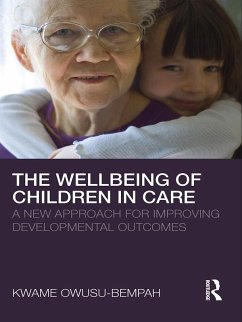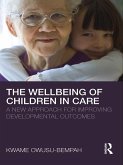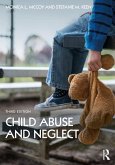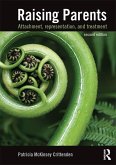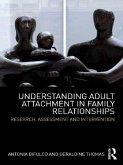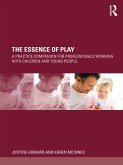This important book looks at how children in care can best be helped to attain desirable developmental outcomes. Owusu-Bempah introduces his notion of socio-genealogical connectedness to help explain why children in kinship care fare better than children in non-relative foster care. He argues, using recent empirical research as well as a wide range of literature from the adoption field and attachment theory, that knowledge about one's hereditary background is an essential factor in looked-after children's long-term adjustment to placement. As with all children, this knowledge forms the basis of their identity, self-worth, and general outlook.
An invaluable contribution to the area, this book offers promising routes to understanding better and working more effectively with virtually all families, irrespective of their cultural, ethnic and religious backgrounds. It will interest researchers and students of attachment theory, adoption and fostering, child development and children's mental health.
Dieser Download kann aus rechtlichen Gründen nur mit Rechnungsadresse in A, B, BG, CY, CZ, D, DK, EW, E, FIN, F, GR, HR, H, IRL, I, LT, L, LR, M, NL, PL, P, R, S, SLO, SK ausgeliefert werden.

